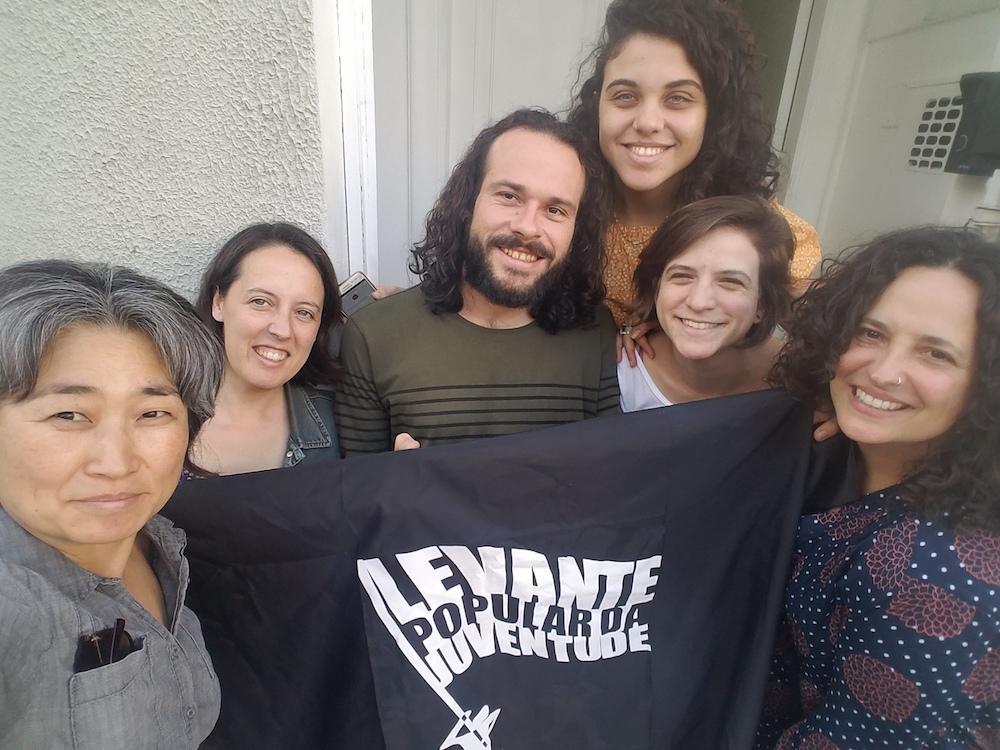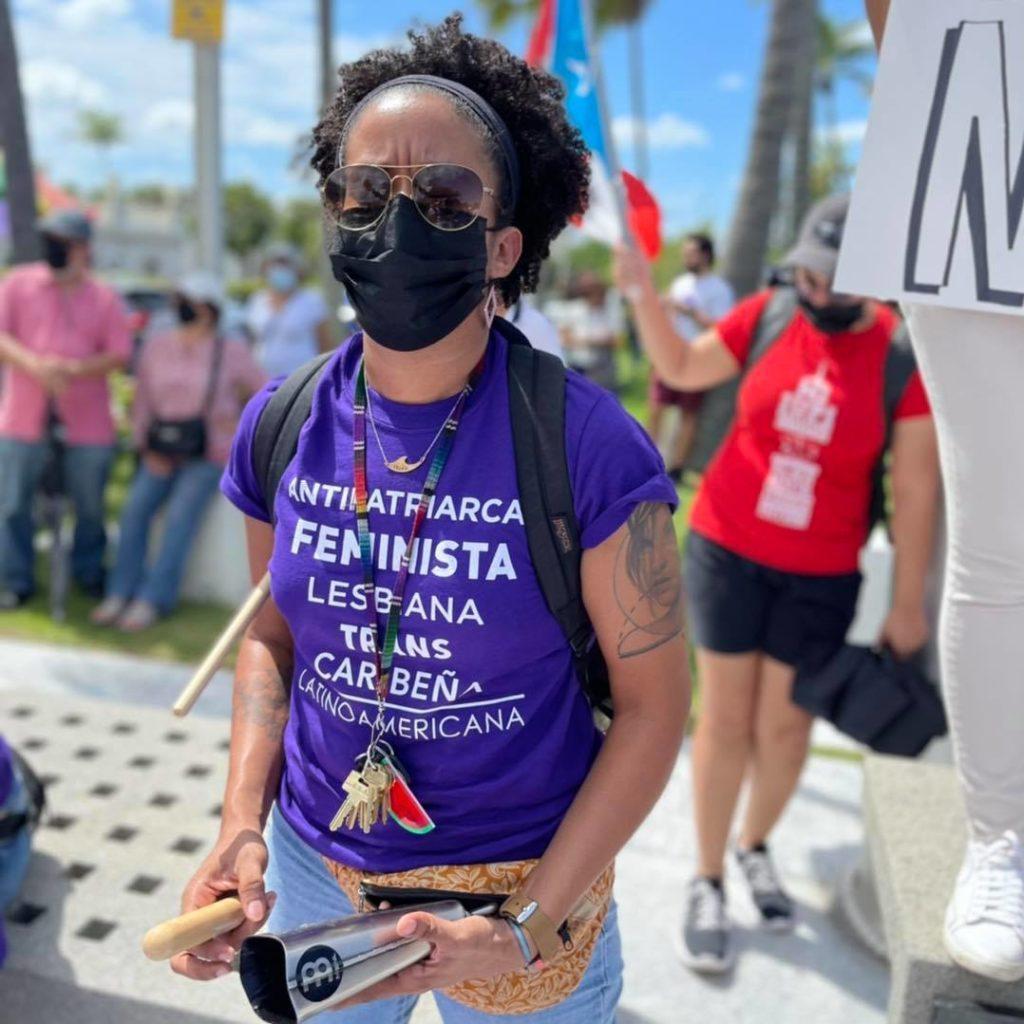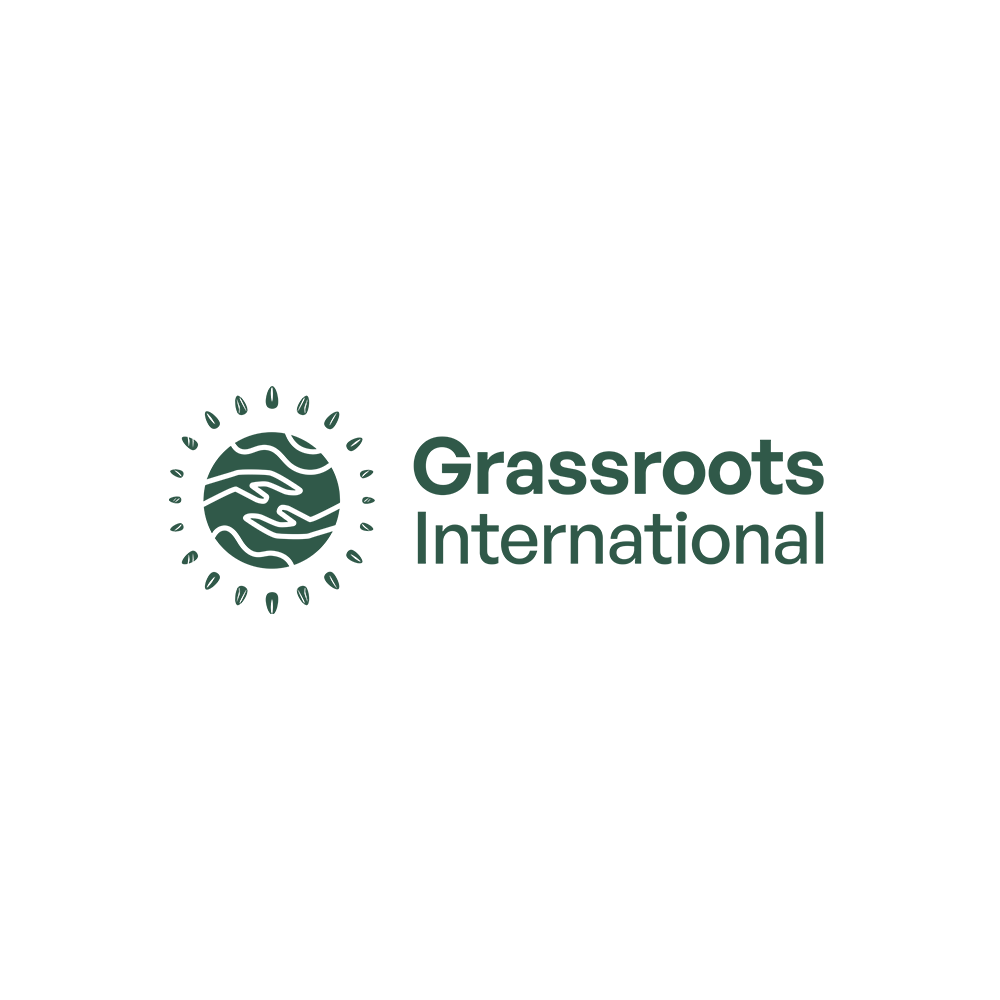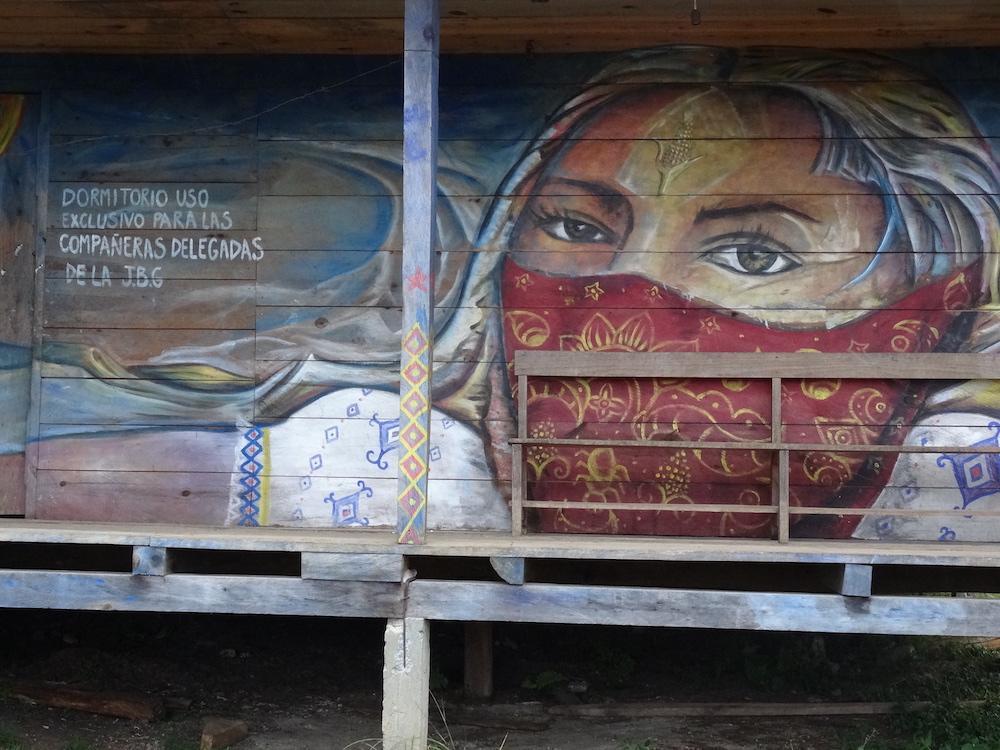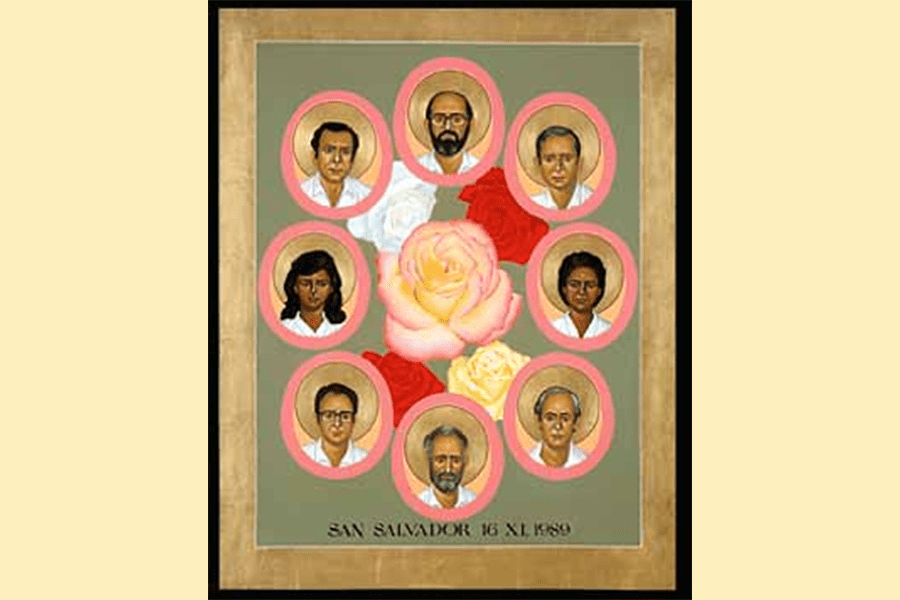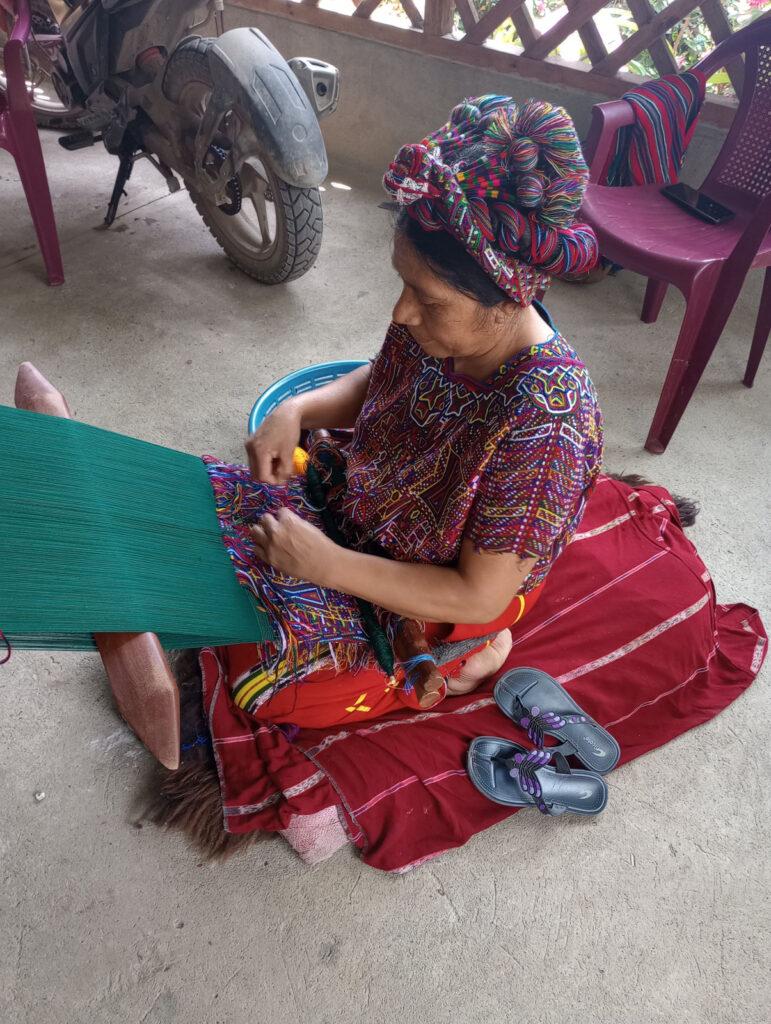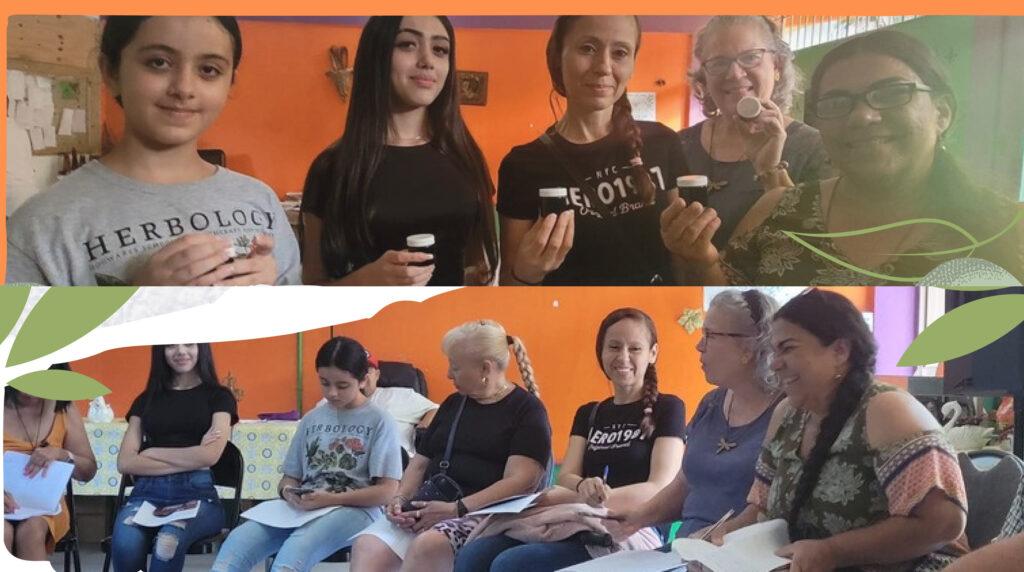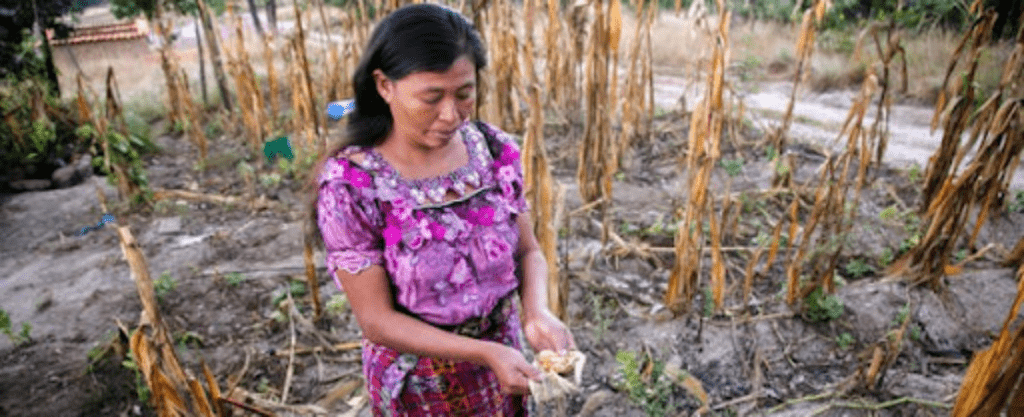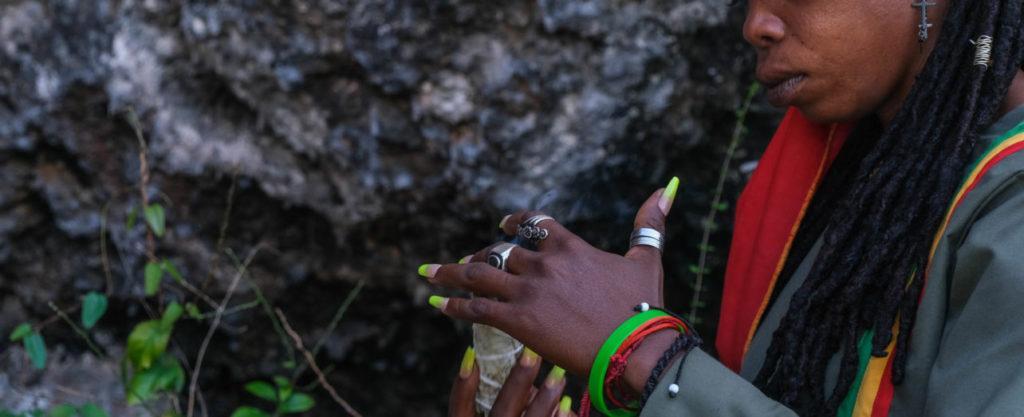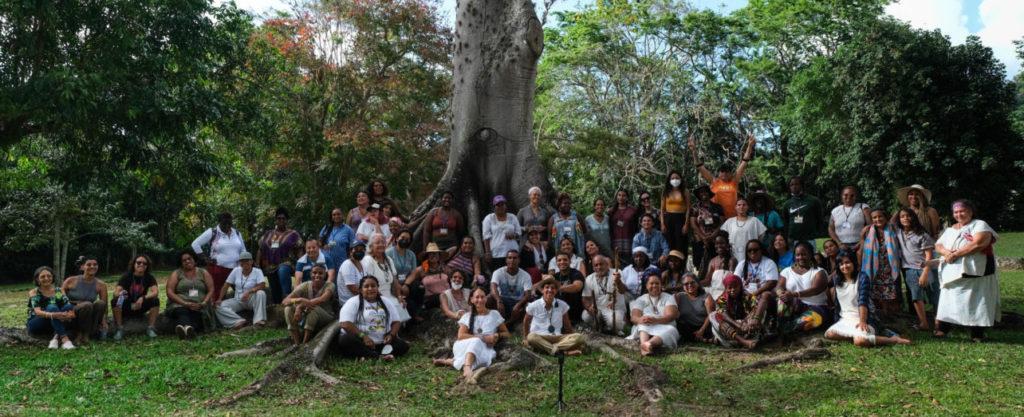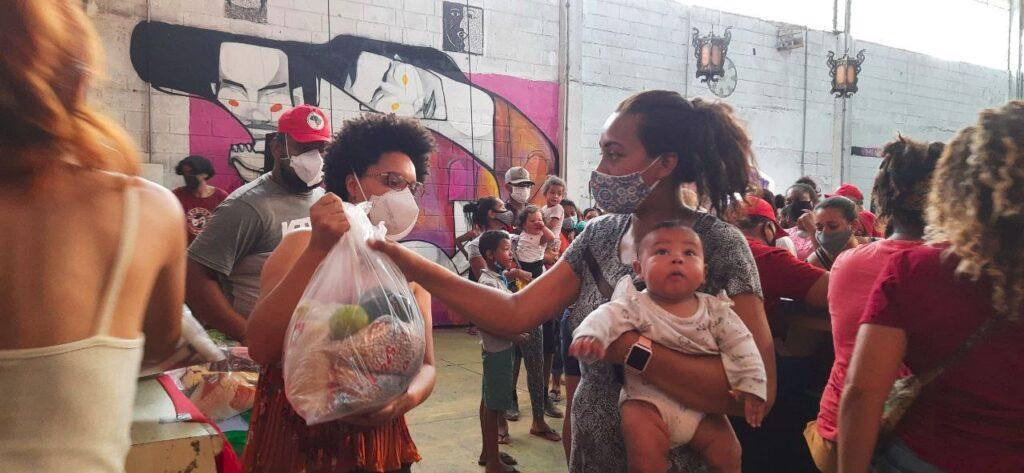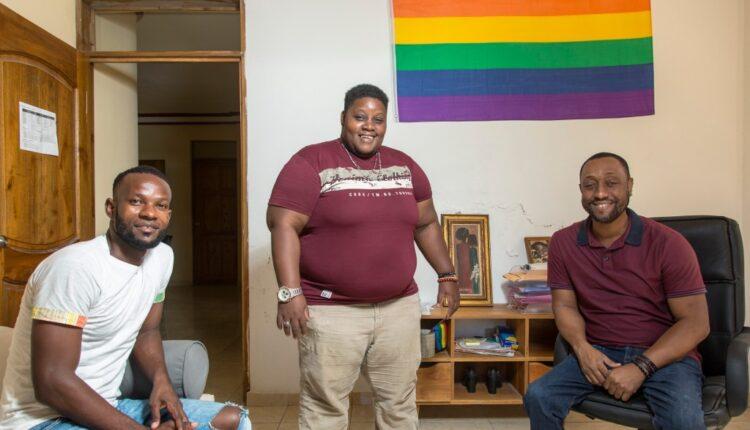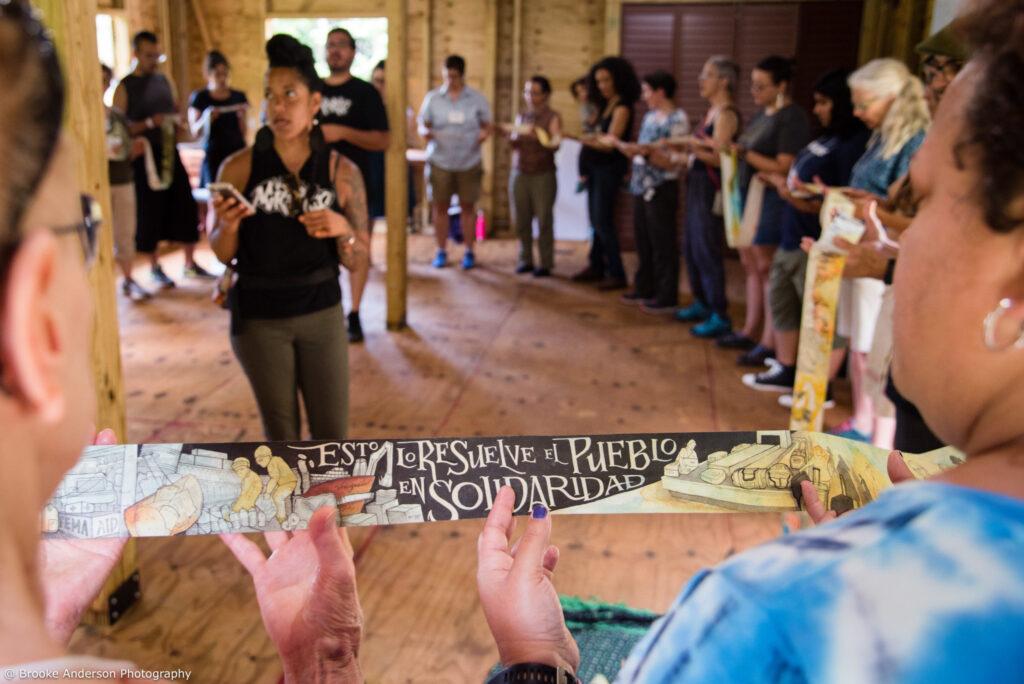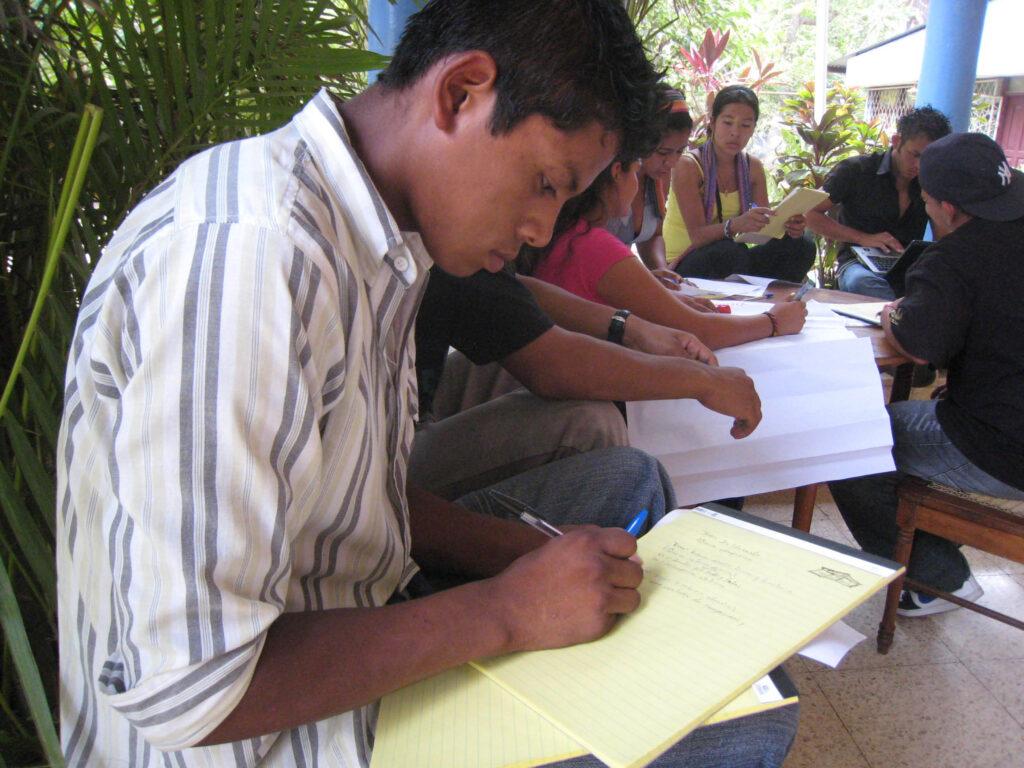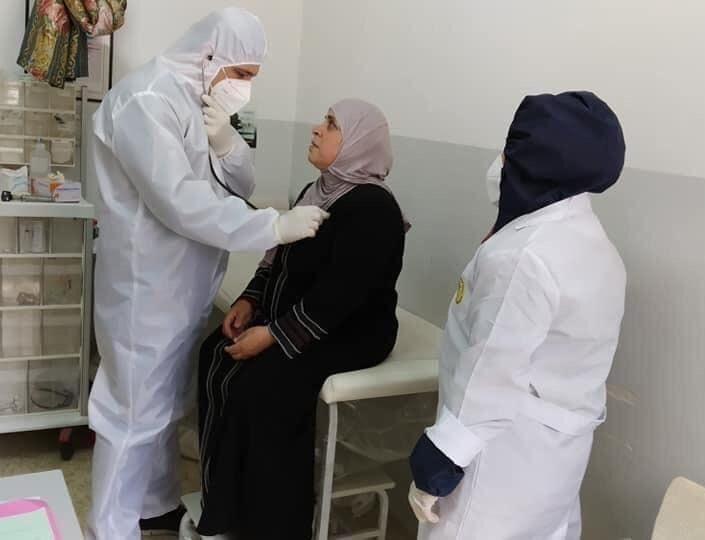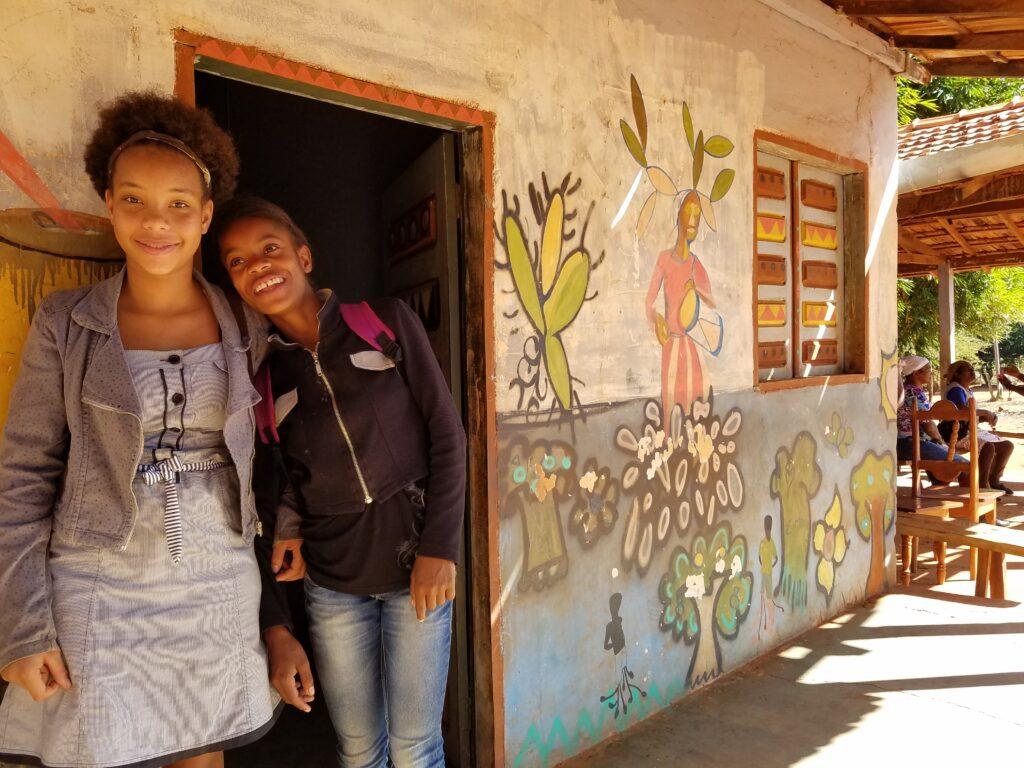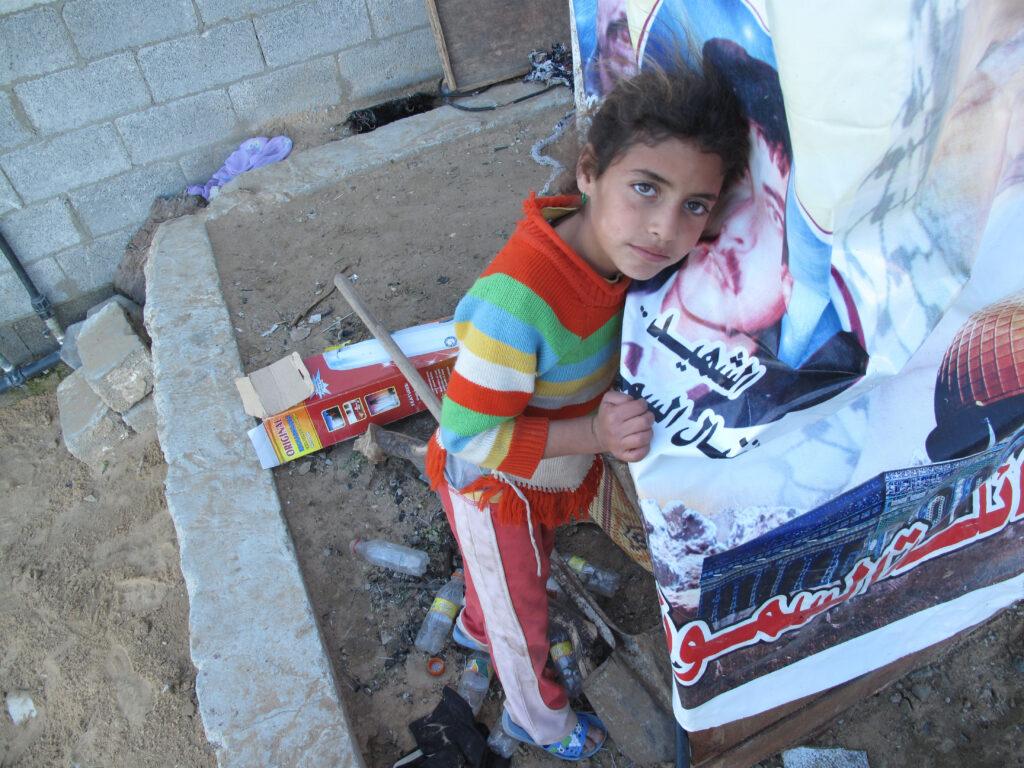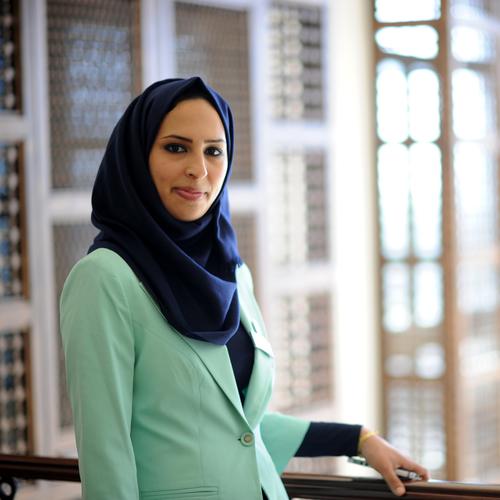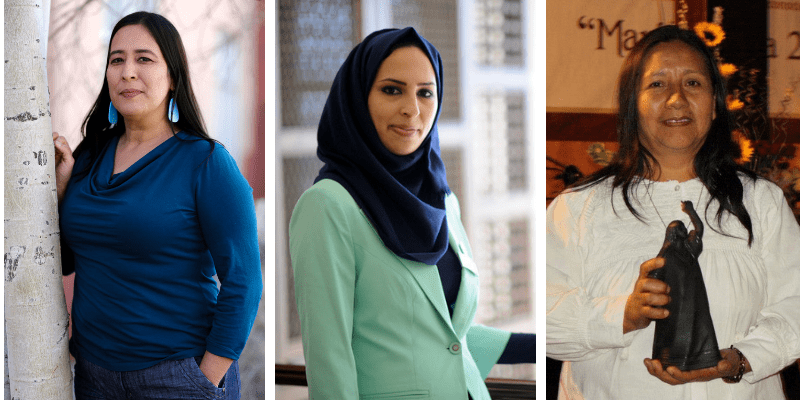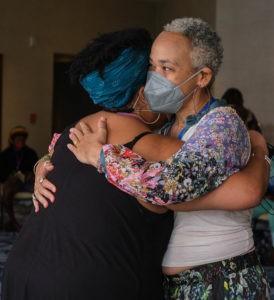
Issues we work on
Healing and Wellbeing
In the face of violence, trauma and health disparities, movements and communities are using healing as a form of resistance.
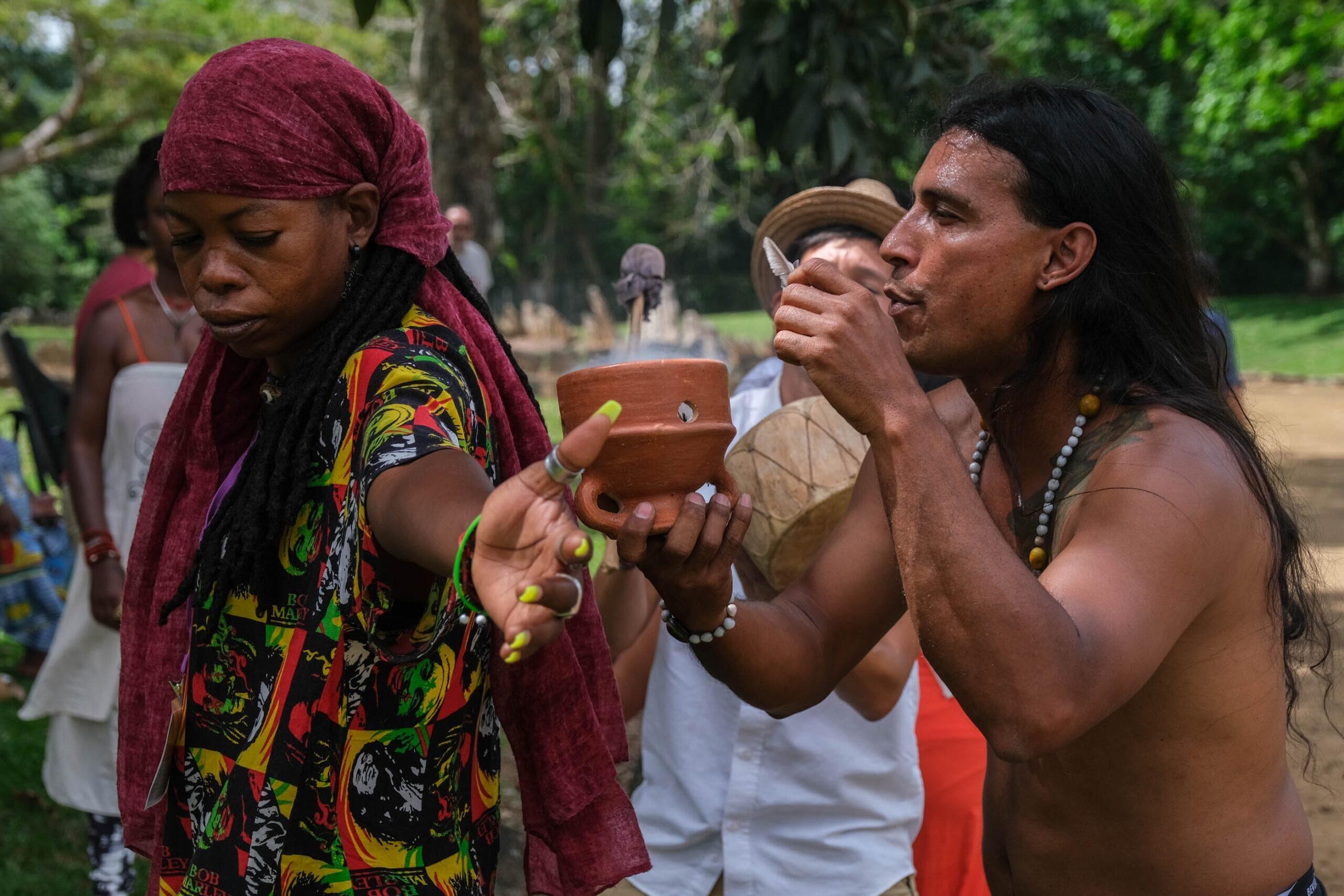
Impact Overview
The emotional and psycho-social damage caused by violence and disasters can be as severe as the physical damage, and yet it is common for these to go unaddressed.
Our decades-long partnerships have taught us how important healing is. We have learned to intentionally check in with our fellow movement co-conspirators and to support their wellbeing and mental health, both financially and emotionally. While they have always been woven into our political and programmatic work, over the last few years we have made healing and wellbeing an explicit and core part of our strategy.
The Martín-Baró Initiative for Wellbeing and Human Rights (MBI) is a concrete expression of this shift. In 2019, we brought the previously independent Martín-Baró Fund into close relationship with our work. Now housed at Grassroots International, MBI represents a redoubled commitment to healing justice.
Work we’re accompanying:
- Mental health services in Palestine to address traumatic stress from settler colonial violence that children and adults face every day
- Circles of Indigenous and peasant women across the Americas and in West Africa to heal, mobilize, reclaim identity, and develop skills to challenge gender-based violence
- The reclaiming and preservation of holistic ancestral healing practices of Indigenous and colonized peoples (e.g., Garífuna ancestral healing houses in Honduras)
- Spaces and community centers in Puerto Rico and Palestine for racial and cultural consciousness raising among youth
- Support and healing spaces for LGBT+ people in Haiti facing discriminatory violence
- Health services among Brazil’s rural encampments and Palestine’s occupied territories to address medical apartheid
Bombs fall on families in Gaza. Rural peoples are denied access to health services in Brazil. Narco and police forces kidnap and murder Indigenous activists in Honduras. These are some of the countless traumas and health challenges people across the planet face every day.
The extreme disparities in medical access across the globe – spotlighted by recent pandemics – are by no means accidental. Colonialism, patriarchy, and extractivism are to blame. But not only do these disfigure public health, they also create deep scars of trauma that require collective solutions to repair and heal.
Here, healing justice provides an essential framework. We follow social movements’ lead in understanding healing justice as:
- addressing generational, collective, individual, and communal trauma from systemic violence and oppression; and
- centering the spiritual, emotional, physical, and environmental wellbeing of affected communities.
Cara Page, the Black feminist activist who applied the term to her work, stresses that at its core, healing justice is survivor-led and prioritizes collective care. This contrasts with individualistic “self-care” practices embedded in dominant psychological theories often rooted in profit-driven capitalism and consumerism.
Grassroots International supports movements and organizations that are collectively healing their communities while challenging systemic health disparities and sources of trauma. Together, another world – a healthier and happier one – is possible.

